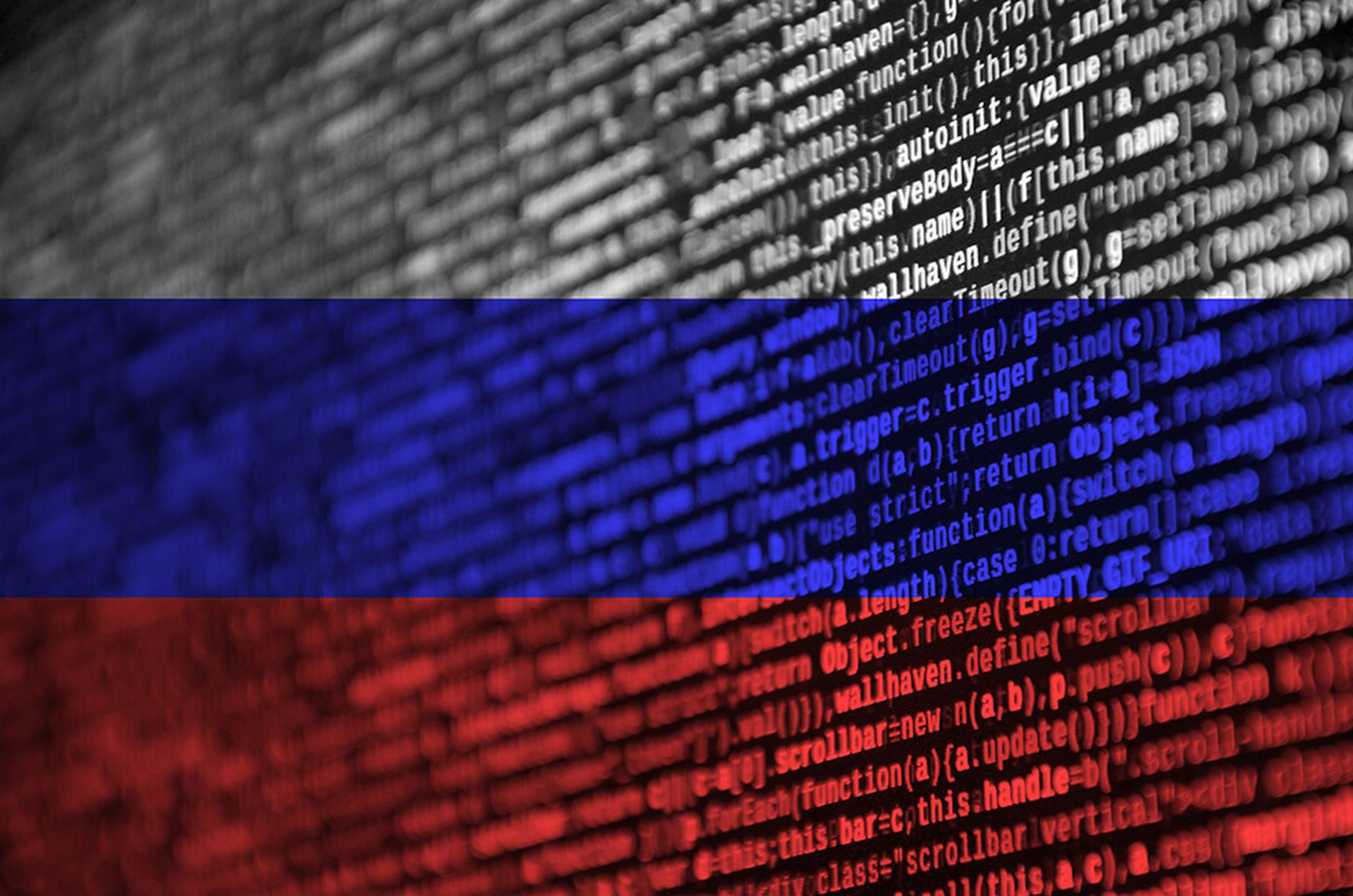Over the last year or so, advanced persistent threat (APT) has become an oft-used term in the information and cybersecurity industry.
Some, however, argue this is just a new term for an old threat.
Many people use APT to describe threats emanating from particular nation-states, Jerry Dixon, director of analysis at Team CYMRU, a Chicago-based nonprofit IT security research company, told SCMagazineUS.com. But certain threats, such as SpyEye and Zeus, are just as advanced and persistent as those emanating from nations, said Dixon, who is scheduled to present at next month's third annual SC World Congress.
The third annual SC World Congress is scheduled for Nov. 10 and 11 at the Sheraton New York Hotel & Towers in New York City. Dixon will be speaking at a session titled "Defending against the advanced persistent threat: new or old concept?" The talk is scheduled for 10 a.m. on Nov. 10.
“The minute you connect to the internet, you're up against the APT — it shouldn't just be focused on nation states,” Dixon said. “The defenses that you use for a nation-state are the same defenses you need for cybercrime overall.”
The term APT is also commonly used by security vendors to push their products, Dixon said. However, most security products are not good at detecting advanced threats or identifying network intrusions.
“Anti-virus can't keep up,” he said.
Dixon is the former director of the U.S. Computer Emergency Readiness Team (CERT) and National Cyber Security Division of the Department of Homeland Security.
He led the initial development of US-CERT's capabilities for analyzing and reducing cyberthreats and vulnerabilities, disseminating cyberthreat warning information, and coordinating incident response activities across federal, state, local government agencies and private sector organizations.
In his current role at Team Cymru, Dixon is focused on supporting customers and conducting cybersecurity research.
During the session, Dixon will be joined by Chris Harrington, manager of IT security engineering and operations at MIT Lincoln Library, a federally funded research and development center chartered to apply advanced technology to problems of national security.
Harrington, a former naval intelligence analyst, has more than 17 years of information system and security experience.
Click here for more information or to register for SC World Congress.



